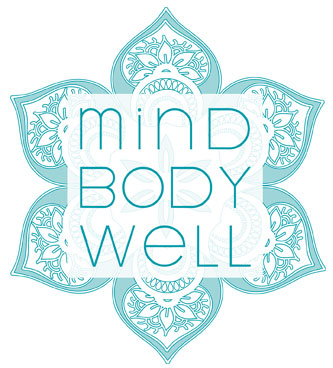January is World Mindful Eating Month. So what’s ‘Mindful Eating’ all about?
What is mindfulness?
Mindfulness is the practice of paying attention to the present moment in a non-judgemental, accepting and self-compassionate way. Mindfulness is not just about our thoughts, it also includes embodied awareness – experiencing our body from the inside out. We can do this by focusing on the information the body sends to the mind through the senses – what we see, hear, feel, smell and taste. In the context of eating, this can mean being aware of how we’re feeling before, during and after a meal. This includes how our body feels physically, as well as the thoughts and feelings we’re experiencing about eating.
Why eat mindfully?
Mindful eating is an approach which is often recommended to help us be more engaged in the process of eating. It’s also a way to pay more attention to our bodies signals of hunger and fullness, and to assist with appetite regulation – the ability to know what the body is telling us about the need for food, or when it’s had enough.
It is important to note however that it’s not inherently ‘better’ to eat mindfully - it’s perfectly natural to also have times when we eat with less mindfulness – like while watching television or at the computer. This less mindful eating though is more likely to cause a sense of disconnection from the experience of eating, and to confuse our hunger and fullness signals, also resulting in less pleasure or satisfaction from our food – which may cause us to keep seeking more.
Mindful eating and Diet Culture
Unfortunately Mindful Eating is yet another of the potentially helpful strategies which has been co-opted by the diet industry as a method of food restriction and impulse control. It is important to keep in mind the central premises of self-compassion and non-judgement which mindfulness is based on – and not to let this become yet another way to moralise and punish ourselves for what and how we’re eating.
When we can bring that spirit of self-compassion to mindful eating, it can be a way to enhance our connection with our body and our relationship with food, to build intuitive eating skills, and to allow ourselves more joy and freedom with eating.
How do I eat mindfully?
If you’ve never practiced mindfulness before, try starting with a general introduction – i.e. learn mindfulness skills in other (less ‘loaded’) areas first, then practice transferring those skills to eating. You can gradually learn to be more mindful by regularly bringing awareness to your breath, to the sensations in your body or the things happening around you. If you’re in therapy, you could ask your therapist for strategies, or experiment with some of the great app’s which teach mindfulness practices (we like Calm, Smiling Mind, and Headpsace).
Once you’ve become familiar with the practice of mindfulness, you can begin to transfer this awareness to eating - try sitting down to eat with no distractions, and bring non-judemtnal awareness to the experience of eating. Pay attention to the sight and aroma of the food. As you eat, pay attention to taste and texture. Chew slowly and notice how these change over time, notice how the taste changes as you eat. Notice if you feel a change in your hunger and fullness cues as you eat. Keep coming back to self-compassion and non-judement as you do this, and start slowly – maybe just for the first few bites of your meal, and begin with foods that feel more comfortable and less threatening for you.
When Mindful Eating is difficult
If you’re experiencing an eating disorder, working on mindful eating might not be appropriate for you right now. Sometimes paying too much attention to the experience of eating can be unhelpful – especially for those who may already be obsessing about eating, and feeling really uncomfortable in their bodies when they eat. In this case you may need to rely on some deliberate distraction rather than mindfulness – use strategies such as reading, music, games or conversation to enable you to eat without increasing anxiety may be more appropriate for now. Like all strategies, mindful eating isn’t a panacea, and isn’t the only tool in the eating disorder recovery toolkit. If you’re not sure whether mindful eating is appropriate for you, discuss this with your therapist, and ask them for alternatives, or practice working toward mindful eating over time.
Would you like to learn more? Enrol in our upcoming Mindful Embodiment online program.



